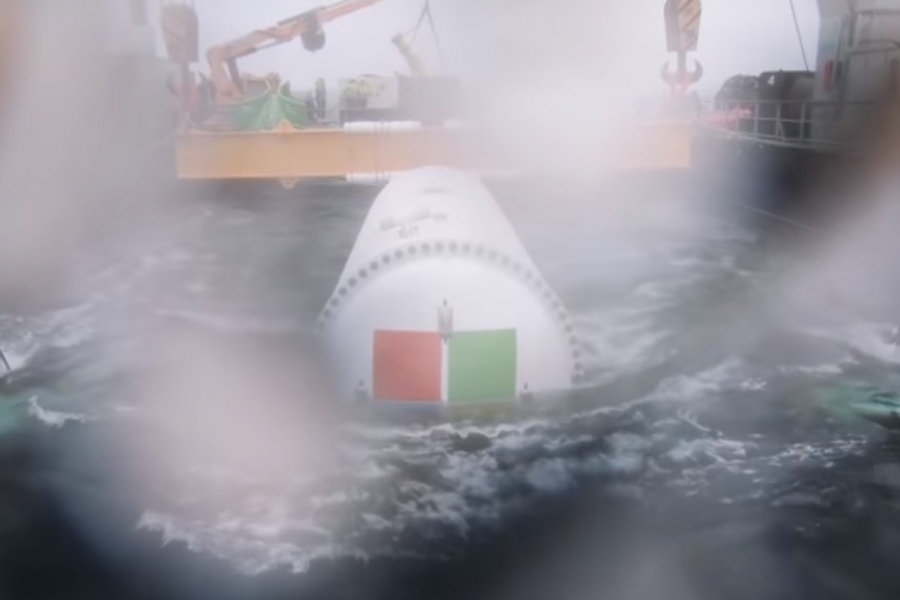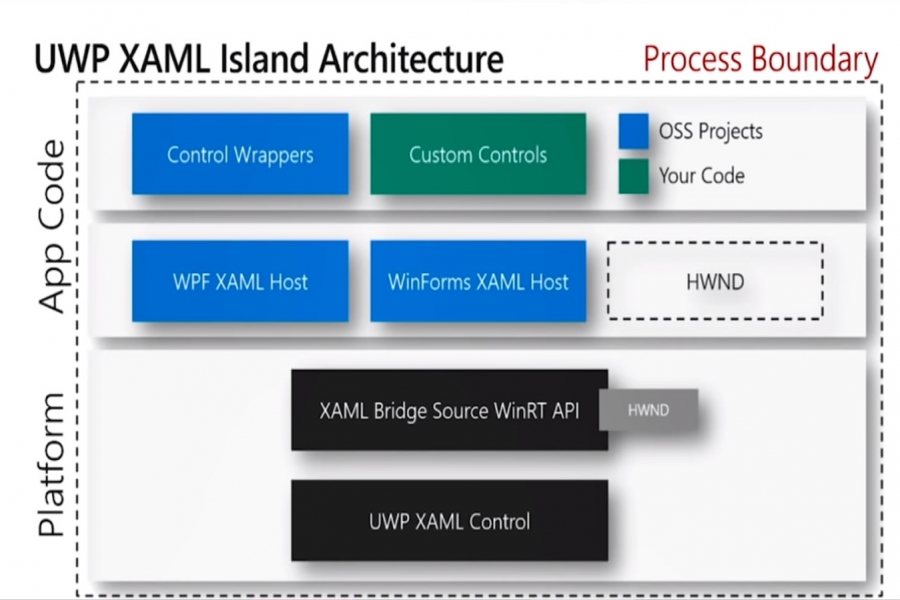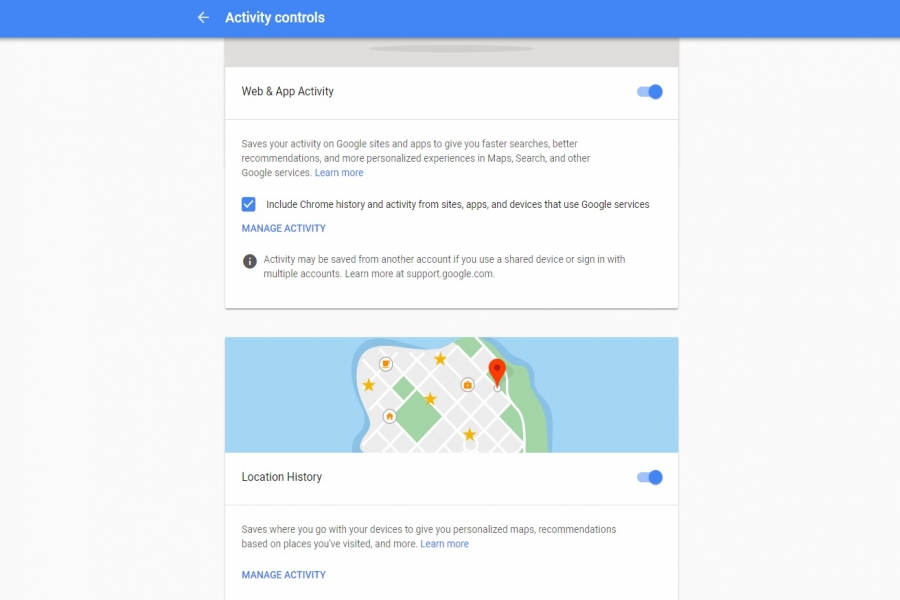Microsoft has recently deployed an experimental data centre on a sea bottom near the Orkney archipelago in Scotland. This was done to determine whether running costs and environmental impact of such data centres will be lower compared to running the conventional land-based ones.
In theory, placing a data centre under water substantially minimises its cooling costs. As well as this, the enclosed capsule will neither have oxygen not water vapour inside of it, like a conventional data centre does, which implies that the equipment will not be subjected to corrosion.
While running under such conditions, the equipment is expected to last five years. The only caveat is that, if any part of the equipment breaks, it will be impossible to fix it while the data centre remains under water. However, due to the near-ideal operating conditions, the equipment is not expected to fail as often as it does on the land. With enough redundancy inbuilt, such underwater capsule should be able to operate reliably for a prolonged period of time.
One of the biggest concern of high demand for data centres is that, due to high energy requirements, they have a significant negative impact of the environment. This is another problem that the underwater data centre has been designed to address. Orkney is a major centre for renewable energy research and the data centre will be powered entirely by energy produced from renewable sources.
This is not the first time Microsoft has placed a data centre under water. A similar experiment was done in 2015 and was considered to be a success.
Other tech companies have also invented environment-friendly ways of managing their data infrastructure. Facebook, for example, has deployed a major data centre in Lulea, which is located in Northern Sweden, 70 miles from the Arctic Circle. The centre hosts thousands of servers and is powered entirely by renewable energy coming from local hydroelectric power plants.
For more information, follow this link:
Published by Mobile Tech Tracker
Posted on 8 Jun 2018












